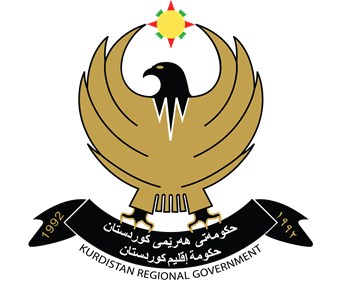Syntax of Exceptive Constructions in English and Central Kurdish
A Comparative Analysis
DOI:
https://doi.org/10.56422/ka.2.60.280Keywords:
exceptive construction, phrasal, clausal, Exceptive Phrase, negative element, Kurdish, EnglishAbstract
In this paper, I examine and compare exceptive constructions in English and Central Kurdish: two languages with distinct linguistic properties. This involves discussion of the characteristics, distribution and syntactic analysis of the linguistic elements used to express exceptive meaning, such as except, except for and but in English, as well as tanhā/tanyā ‘only, except’ and jiga la/bejga la ‘except, other than, apart from’ in Kurdish. It is shown that English and Kurdish share common exceptive features in that both can suggest clausal and phrasal structures. Syntactically, following Al-Bataineh’s (2021) hypothesis these elements are qualified to house a projection of their own, called Exceptive Phrase. Therefore, I reject the assumptions made by García Álvarez (2008) and Potsdam and Polinsky (2019) that exceptive markers in, for example English, are coordinating conjunctions.




